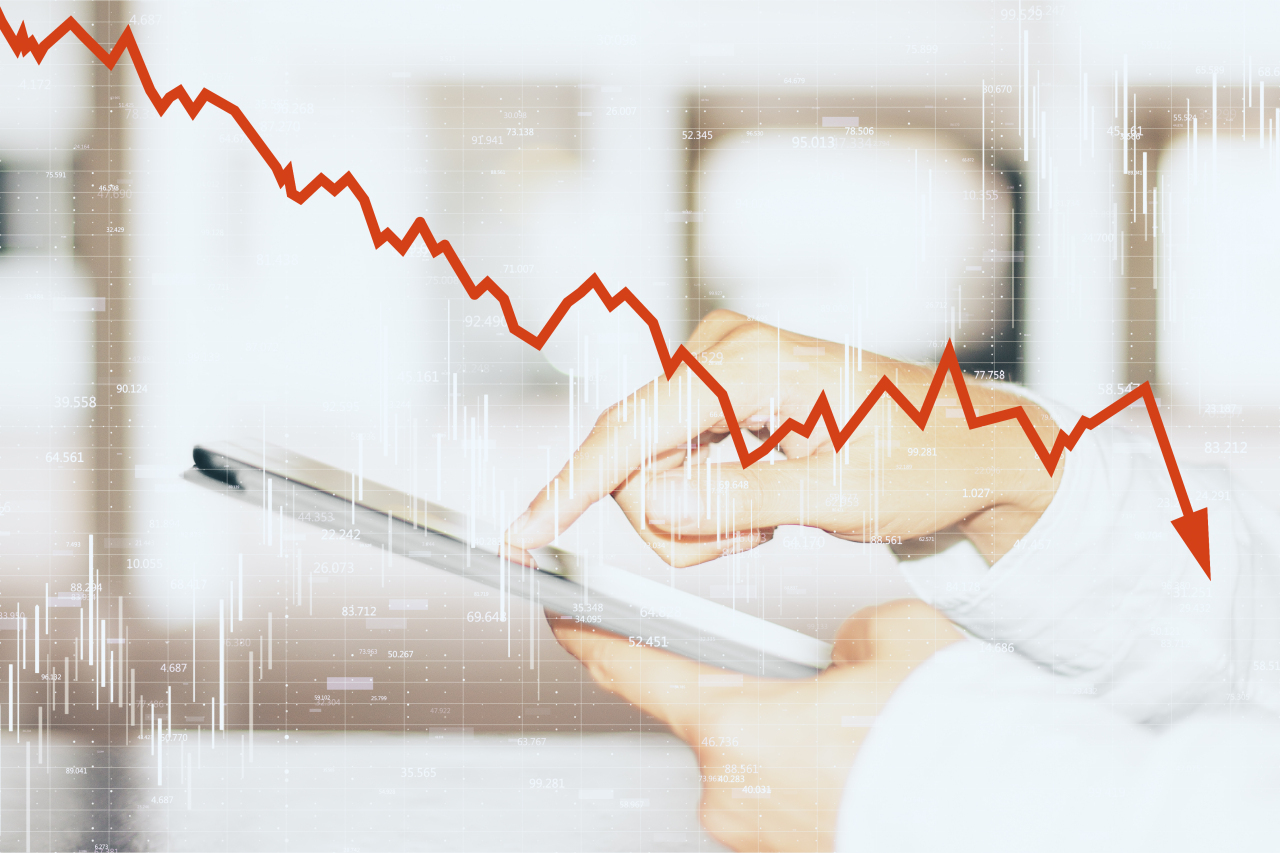Market Now
Kospi dives 18% this year, with no let-up in sight
 |
(123rf) |
South Korea’s benchmark Kospi recorded its second-biggest weekly loss last week since January this year, with no let-up in sight amid widespread fears of more big US Federal Reserve rate hikes.
Industry watchers say a selling spree, led by foreign investors who hold almost one-third of Korean stocks, has prompted the latest market route, the third-biggest in size since the previous two economic downturns in 2007-2008 and 2018-2019.
Investors priced in an impending slowdown in the global economy from the Fed’s aggressive rate hike last week. The Fed lifted interest rates by 75 basis points, its biggest raise in 28 years to cool red-hot inflation, putting the federal fund’s rate in a range between 1.5 percent and 1.75 percent.
“We won’t see those foreign investors making a comeback unless we have a clear rate premium over the US,” said Hwang Sei-woon, a senior research fellow at the Korea Capital Market Institute, referring to a soon-to-expand gap in the US and Korean rates.
The US is set to back more big hikes to take the range up to 3.4 percent by year-end. Meanwhile, Korea, whose rate is currently set at 1.75 percent and usually changes it by 25-basis-point increments every time, will fall short of the Fed’s target if it follows the tradition at four meeting left for this year.
“Given the gap between the two rates, the Kospi this year could reach as low as 2,300, a 30-percent drop from 3,305, the all-time high from last year,” Hwang said. Local brokerages offered a similar estimate, suggesting the index could bottom out around the 2,400-point range.
Foreign investors could further pull down the main board as they accelerate their net selling, according to other analysts. The amount of foreign net selling increased to 25.7 trillion won ($199.9 billion) in 2021 from 24.8 trillion won in 2020. So far this year, foreign net selling topped 18.2 trillion won.
Seo Sang-young, head of the media contents department at Mirae Asset Securities, said stocks will be taking a hit for the time being, and that Asia’s fourth-largest economy should be prepared to deal with a growth slowdown as interest rates rise globally.
“Korea is an export-driven economy and will take the brunt of sluggish growth globally,” Seo said,
Last week, Korea’s finance minister called a meeting of five economic chiefs to address concerns over stagflation -- a cycle of low growth and high prices -- for the first time since President Yoon Suk-yeol took office on May 10. Yoon has called stagflation worries “real,” calling for action to avoid the trap.
The meeting -- attended by President Yoon Suk-yeol’s economic adviser, three chiefs from the central bank, a top financial policymaker and a financial regulator -- discussed adjusting monetary policies, expanding bond purchases and extending oil tax cuts as part of what the Finance Ministry said was a “multifaceted response.”
By Choi Si-young (siyoungchoi@heraldcorp.com)







![[Contribution] Preparing for future with strategic public procurement](http://res.heraldm.com/phpwas/restmb_idxmake.php?idx=151&simg=/content/image/2024/11/29/20241129050037_0.jpg)
